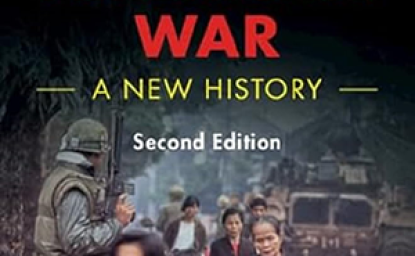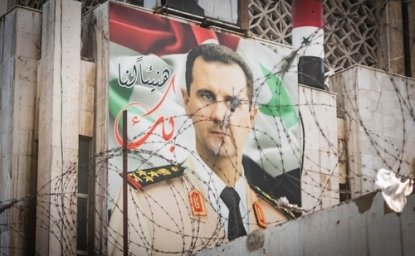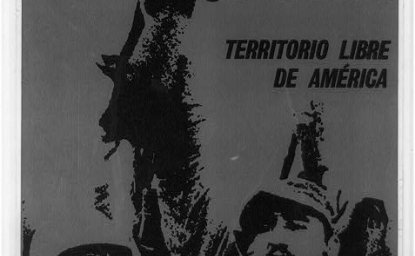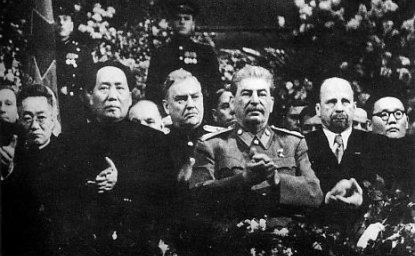Trust, but Verify: The Politics of Uncertainty and the Transformation of the Cold War Order, 1969–1991


-
Trust, but Verify: The Politics of Uncertainty and the Transformation of the Cold War Order, 1969–1991 uses trust—with its emotional and predictive aspects—to explore international relations in the second half of the Cold War, beginning with the late 1960s. Although the détente of the 1970s led to the development of some limited trust between the superpowers, which lessened international tensions and enabled advances in areas such as arms control, it also created uncertainty in other areas, especially on the part of smaller states that depended on their alliance leaders for protection. The contributors to this volume look at how the “emotional” side of the conflict affected the dynamics of various Cold War relations: between the superpowers, within the two ideological blocs, and inside individual countries on the margins of the East-West confrontation.
Martin Klimke is associate dean of humanities and associate professor of history at New York University Abu Dhabi, and formerly a research fellow at the German Historical Institute in Washington, D.C. Reinhild Kreis is assistant professor of contemporary history at the University of Mannheim. Christian F. Ostermann is the director of the History and Public Policy Program at the Wilson Center, which includes the Cold War International History Project.
Editors
Martin KlimkeGerman Historical InstituteReinhild KreisUniversity of Augsburg Christian F. OstermannDirector, History and Public Policy Program; Cold War International History Project; North Korea Documentation Project; Nuclear Proliferation International History Project;Schedule interview
Christian F. OstermannDirector, History and Public Policy Program; Cold War International History Project; North Korea Documentation Project; Nuclear Proliferation International History Project;Schedule interview
Woodrow Wilson CenterCold War International History Project
The Cold War International History Project supports the full and prompt release of historical materials by governments on all sides of the Cold War. Read more
Browse Insights & AnalysisExplore More
Browse Insights & Analysis



